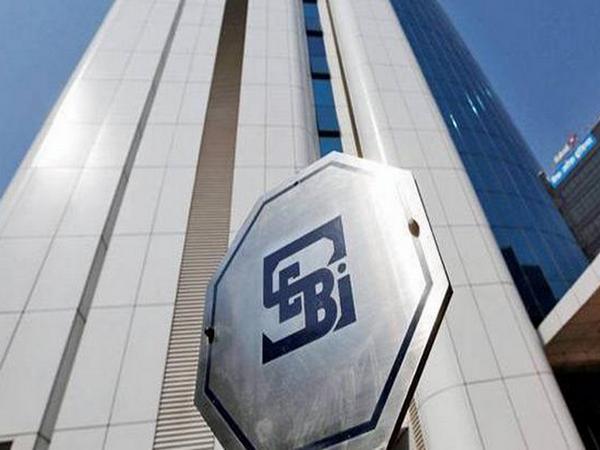Sebi approves regulatory sandbox for live testing of new products by mkt players

- Country:
- India
With an aim to facilitate the use of the latest fintech innovations in capital markets, Sebi on Monday decided to allow live testing of new products, services, and business models by market players on select customers. Initially, all Sebi registered entities will be eligible to participate in such a 'regulatory sandbox', a live testing environment where new products processes, services, and business models can be deployed on a limited set of eligible customers for a specified period of time with certain relaxations in rules and guidelines, the regulator said.
At a meeting here, Sebi's board also decided to allow a cross-domain approach for this regulatory sandbox, wherein a regulated entity will be permitted to test solutions even for those activities for which it is not registered. Limited registration will be granted for such testing, Sebi said.
"This concept of limited registration shall facilitate the entities to operate in a regulatory sandbox without being subjected to the entire set of regulatory requirements to carry out that activity," the regulator noted. At a later stage, fintech start-ups and other entities that are not regulated by Sebi may also be allowed, but no exemptions would be granted from the existing investor protection framework, KYC and anti-money laundering rules.
The proposed 'regulatory sandbox' is intended to serve as a testing ground for new business models and technologies that benefit investors, Indian markets and the economy at large. Under this framework, the eligible entities would be granted certain facilities and flexibilities to experiment with fintech solutions in a live environment and on real customers, while ensuring that there are necessary safeguards for investor protection and risk mitigation.
While the Indian capital market participants have been early adopters of technology, the Securities and Exchange Board of India (Sebi) is of the view that adoption and usage of emerging financial technology can be a key instrument to further develop and maintain an efficient, fair and transparent ecosystem. With this aim, Sebi had set up a committee on financial and regulatory technologies under the chairmanship of T V Mohandas Pai with expert members from the start-up industry, fintech community, and academicians.
Based on their recommendations, Sebi had last year stipulated a framework for an industry-wide innovation sandbox, under which fintech start-ups and entities not regulated by Sebi have access to market-related data, particularly trading and holding data in an anonymized form to help them test innovations effectively before their introduction in a live environment. The committee had also recommended that Sebi may set up a regulatory sandbox to provide a live testing environment where new solutions can be deployed on a limited set of eligible customers for a specified period of time with certain relaxations.
Sebi had subsequently floated a public consultation paper and after taking into account all the comments, it has now finalized a draft set of norms for allowing the regulatory sandbox. Under the proposed framework, all entities registered with Sebi would be eligible for testing within the regulatory sandbox on its own or use the services of a fintech firm.
In subsequent phases depending on the response received, Sebi may consider permitting fintech start-ups, fintech firms and other entities that are not regulated by it. While Sebi grants registrations for a particular activity, it is considering a cross-domain approach for this regulatory sandbox wherein a regulated entity can be permitted to test solutions for activities for which it might not be registered. For this, limited certificates of registration can be granted.
The requirements for which no relaxation would be considered include confidentiality of customer information, fit and proper criteria particularly on honesty and integrity, handling of customers' funds and assets, rules for prevention of money laundering and countering the financing of terrorism, risk checks and Know Your Customer (KYC) principles. The requirements that merit relaxations include networth, track record, registration fees, financial soundness and guidelines relating to technology risk management and outsourcing.
Any relaxation would be available for a maximum period of one year.
(This story has not been edited by Devdiscourse staff and is auto-generated from a syndicated feed.)
- READ MORE ON:
- Sebi
- KYC
- Indian
- TV Mohandas Pai
ALSO READ
Sebi to auction 22 properties of Rose Valley Group on May 20 in bid to recover investors' funds
Premier Energies files for IPO with Sebi, aiming to raise Rs 1,500 crore in funds
Kronox Lab Sciences gets Sebi nod to float IPO
Sebi allows AIFs to pledge shares of infrastructure companies to raise funds
Groww's Nifty Non-Cyclical Consumer Index Fund Approved by SEBI










